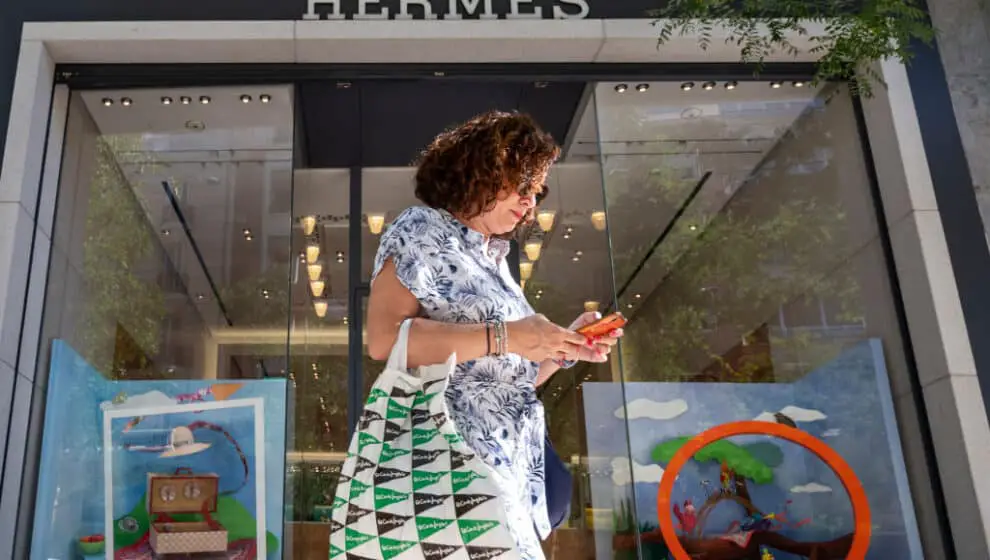Monday marked a first in the history of NFT sales, a trademark-infringement trial.
Key Details
- French luxury goods company Hermès International is suing NFT artist Mason Rothschild, creator of Baby Birkin and MetaBirkins, claiming that the artist does not have the right to depict the company’s Birkin handbags in his NFTs.
- Rothschild claims his artworks are protected under the first amendment, using the example of Andy Warhol’s depictions of Campbell’s Soup cans in his defense and saying the NFTs in question are an artistic statement about how society values status symbols and commercial goods.
- Hermès argues that the sale of its products in a commercial setting is a violation of its trademarks and that Rothschild using the name “MetaBirkins” and “BabyBirkins” is a further infringement against its products.
Why It’s Important
The lawsuit could set a legal precedent for how NFTs are regarded under the law—as works of creative freedom or products with strict rules regarding trademark enforcement.
“We’re at a point in trademark law, and First Amendment law, and changes in technology that have all been coming together in an avalanche of cases in the last couple of years. The legal teams from both sides are very skilled, and they have teed up the issues for a long-term review,” IP specialist Felicia Boyd tells Bloomberg.
Backing Up A Bit
The NFT market is in a very weak place and has been since the first waves of interest died with the popping of the initial bubble. The market has since primarily become a speculator market for artists selling themed digital artworks, often for ballooning prices. Beyond that, NFT markets currently exist as a promotional gimmick to promote movies, TV shows, video games, or even religious groups.
As we previously reported, NFT marketplaces have already begun rolling back creator royalties as sales decreased and became unprofitable around May 2022.
The question of copyright infringement has existed in the largely unregulated NFT space for years, with several prominent examples of users minting copyrighted images into NFTs and selling them into markets without the permission of the copyright holders or creators. The fanart website DeviantArt even offers services that scan NFT marketplaces for stolen artworks being sold.
Notable Quote
“The crucial issue is not just the act of creating the works themselves, but how the Birkin/MetaBirkin trademarks were used to promote the works and how consumers would interpret such use. The key question is whether consumers actually believe there to be some commercial connection between Hermès and the NFTs sold by Rothschild. There’s a distinction between the act of creating artistic works, per se, and then using third-party brands to sell them to others,” Marks & Clerk partner John Ferdinand tells Axios.

